The series did not sacrifice authenticity and stayed true to its characters.
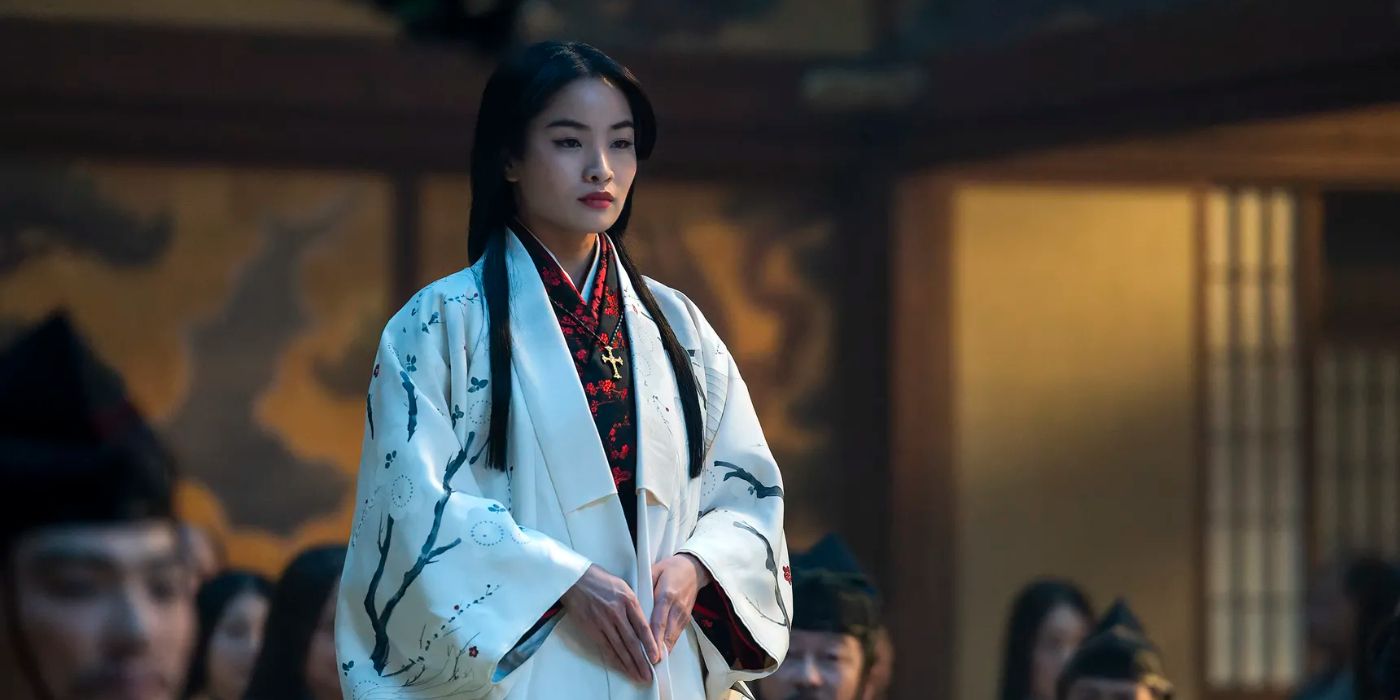
The adaptation of James Clavell’s historical book, Shōgun, has made a name for itself as a work of strict authenticity. Only in one scene did the series on Hulu divert from the source material, according to TV Guide. Episode 9 of the historical saga grapples with the harrowing concept of seppuku — a form of ritual suicide — as it affects one of Shōgun’s primary characters, Lady Mariko (Anna Sawai). Choosing the path of ritual suicide is especially controversial for the character because she is Catholic. According to her beliefs, if she dies by suicide, she will not be able to go to heaven according to her faith.
This is why she chooses a second who will finish her death via sword, so it will not technically be suicide. But when her chosen second, Lord Kiyama (Hiromoto Ida), does not show, Mariko’s lover, John Blackthorne (Cosmo Jarvis), elects to take his place. This event does not take place in the books, but the creators of the series, Justin Marks and Rachel Kondo, decided it was important to make this change. Marks explained:
“Even though [Blackthorne] doesn’t agree with her Catholicism, even though he traveled all the way around the world to fight against this church, for her sake, he’s willing to believe in her faith system. So he will stand behind her and make it so that it’s not suicide, and she could still go to heaven.”
Blackthorne is a Protestant whose sect is at war with the Catholics. But his love for Mariko is so strong that he can’t bear the prospect of her immortal soul being in danger. He takes on the mantle of being her second even though it devastates him to land the killing blow to someone he loves.
Blackthorne Undergoes Massive Character Development In ‘Shōgun’
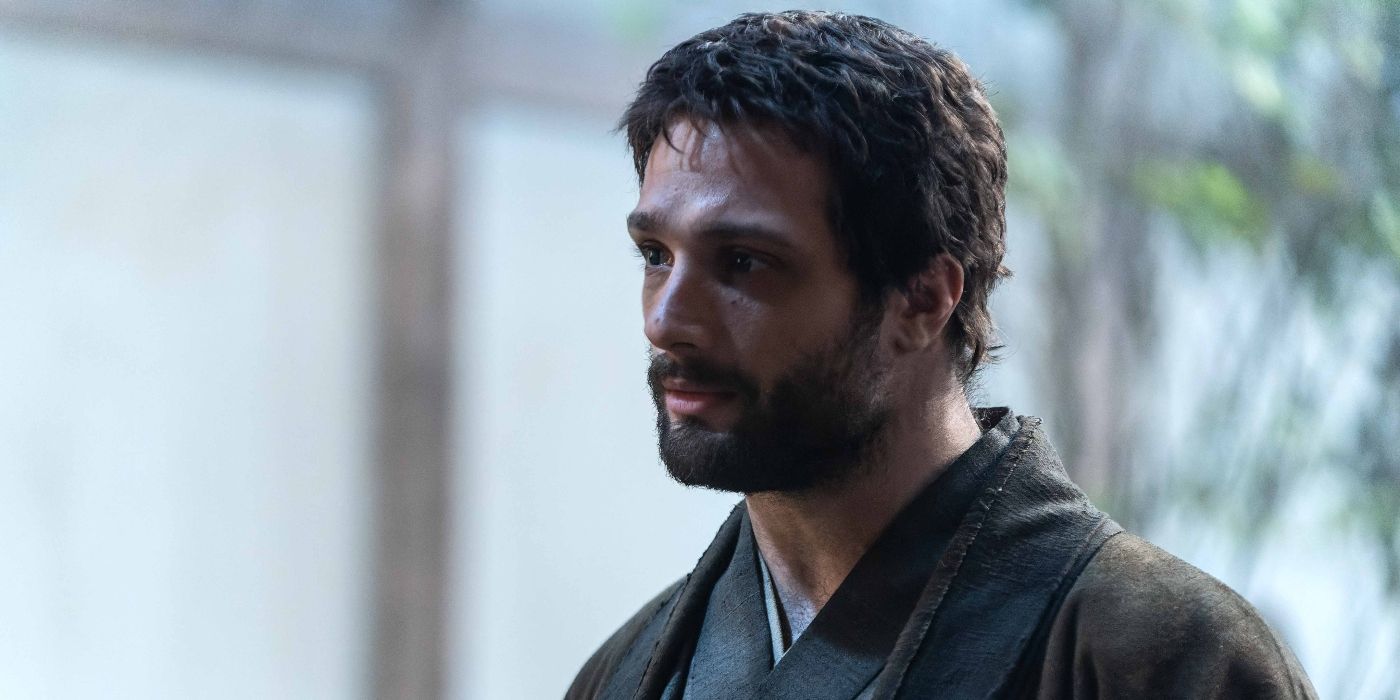
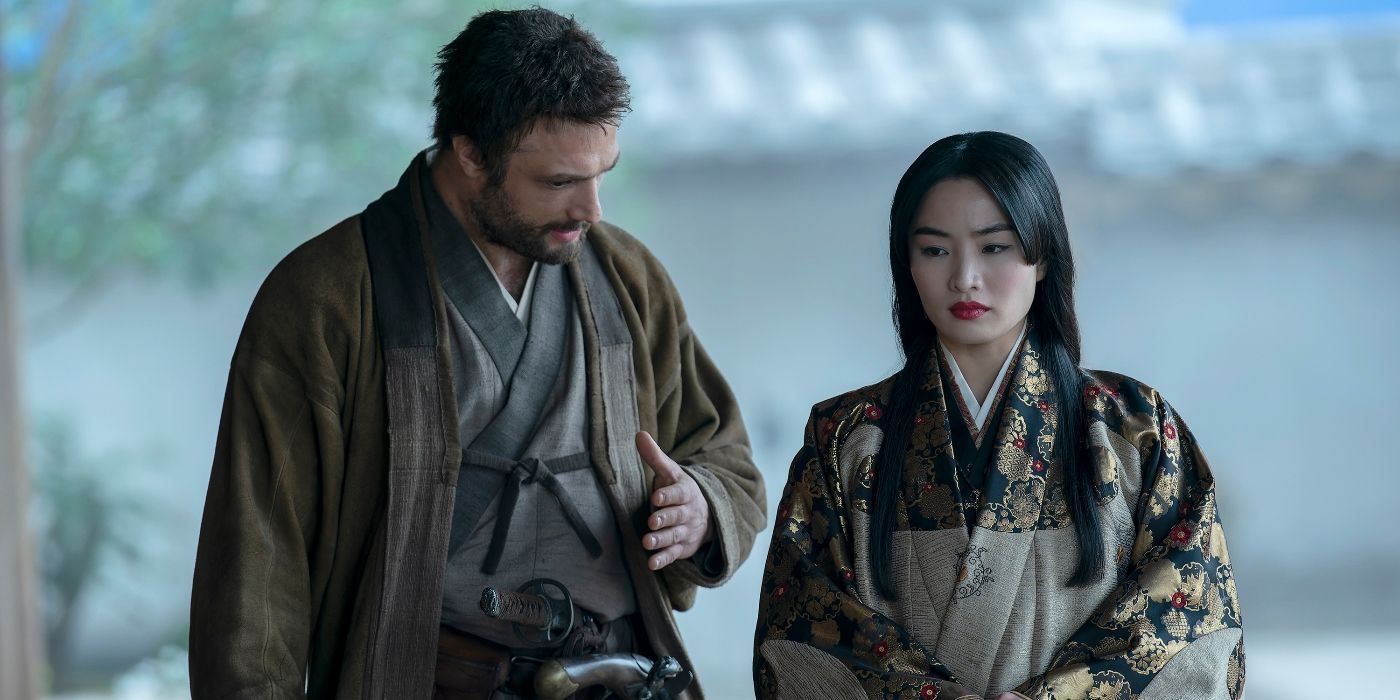
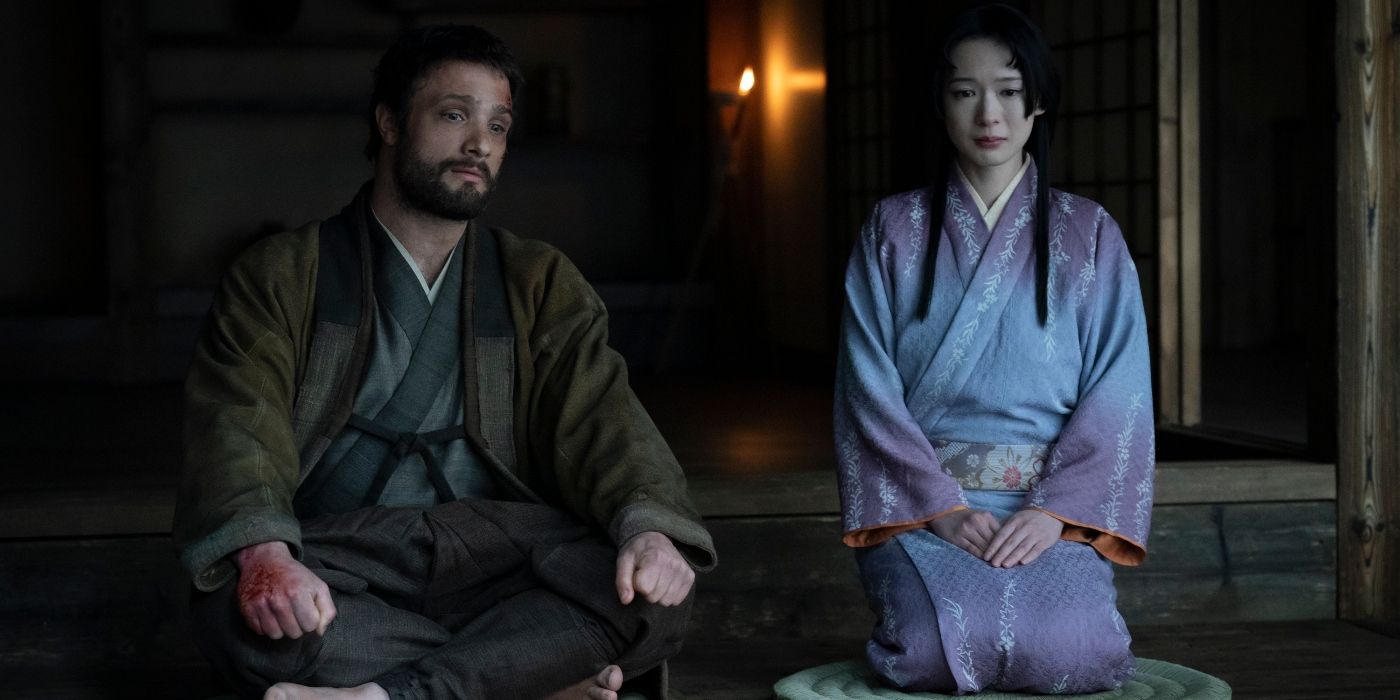
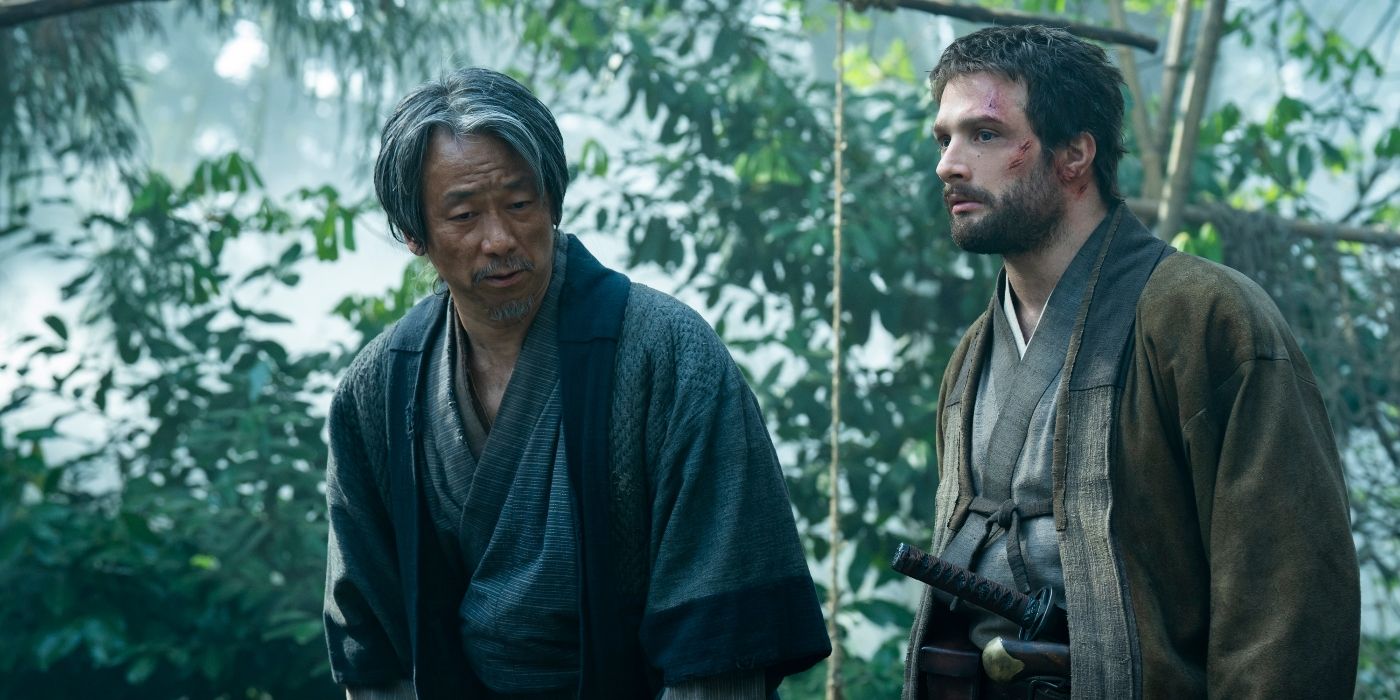
As with any series, the mark of character development is through change. When Blackthorne first lands on the shores of Japan, his only interest is waging war against the Portuguese. And though he still holds true to that prospect, his relationship with Mariko changes him intrinsically. He learns to empathize with cultures outside his own, even if he doesn’t understand them 100% of the time. This change is especially evident in his interactions with Mariko. He doesn’t support her decision to die by suicide but will do anything so she won’t suffer.
Kondo went on to say:
“We all decided as a room it was a point of invention that him doing this is the ultimate statement that he had evolved enough to say, let me do an act of love for the woman that I deeply respect. That means, let’s get myself out of the way and let’s not do the thing that I most want, which is for her to live.”
In addition to making it a decision that is in character for Blackthorne, the showrunners also twist the knife when it comes to Mariko’s end. Blackthorne siding with Mariko allows them one last night together. Heartbreakingly, Mariko still gets her wish to die for Lord Toranaga, even if it is in a different circumstance. Blackthorne now has the experience of being with her and losing her again. Shōgun is a masterclass in storytelling as it stays true to the authenticity of the characters as well as inventing aspects that elevate the source material.
Viewers can experience the intense conclusion of the series when Episode 10 airs on Hulu on April 23. Stay tuned at Collider for more and don’t miss Carly Lane‘s recent interview with Anna Sawai about the explosive episode.





